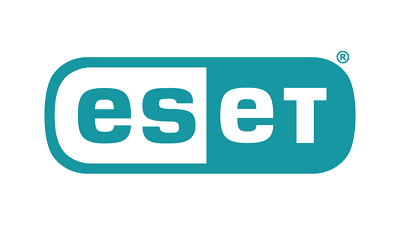A survey by ESET Australia has found that while Australian households are generally well aware of the nature of cybersecurity threats, they are less well prepared to protect themselves from evolving threats targeting smartphones, tablets and the growing number of devices that make up the digital environment within the home. The survey also found that a significant number of users take their internet security for granted, having never installed a home antivirus or internet security product on any of their devices.
The survey of 2000 Australian internet users1 revealed that 85.1% of respondents think that installing an internet security product on personal and home devices is very or somewhat important and 81.6% were either very or somewhat concerned about internet security. Respondents were also aware of the nature of the various threats. But while traditional threats like computer viruses (66.9%), identity theft (62.5%), data theft (55.5%) and ransomware (43.9%) were of the most concern, threats like phishing (38.1%), exploit attacks (19.6%) and IoT-based (Internet of Things) attacks (10.6%) had comparatively low concern levels.
Meanwhile, 23% had never installed a home antivirus or internet security product on any of their devices while 5% can’t recall having done so. The most common reasons cited for not doing so included expense (32.1%), never having thought about it (31%), protection coming pre-installed with the device (20.1%) and not seeing a risk to themselves (17%).
ESET Australia Country Manager Kelly Johnson says while Australians’ awareness of cybersecurity issues is encouraging, the complexity of the modern digital environment means some are less well prepared to combat those threats.
“The past few years has seen a significant growth in the number and types of devices Australians are connecting to the internet in their homes. Many families now have digital environments that include not just multiple desktops or laptops, but smartphones and tablets and smart TVs or other internet connected devices. It’s these new endpoint devices that tend to be the least protected and that creates an opportunity for cyber criminals.”
Johnson says the survey found that while 73.1% had installed protection on a laptop and 49.3% on a desktop, only 35.3% had installed protection on a smartphone, 21.5% on a tablet and just 11.9% on a smart TV. The Australian Cyber Security Centre has previously highlighted concerns about the adoption of devices that lack ‘secure by design’ principles and ESET Research has noted that many smart devices continue to rely on just a single security layer while many security flaws currently found in IoT products have continued to exist for several years.
“As our online environments continue to evolve, so do the measures we need to implement to make those environments safe for our families. People should not assume that just because they’ve purchased a new product that it is inherently secure. Always check for software updates, use secure, unique passwords and think about adding third-party protection if it’s available for the device,” says Johnson.


